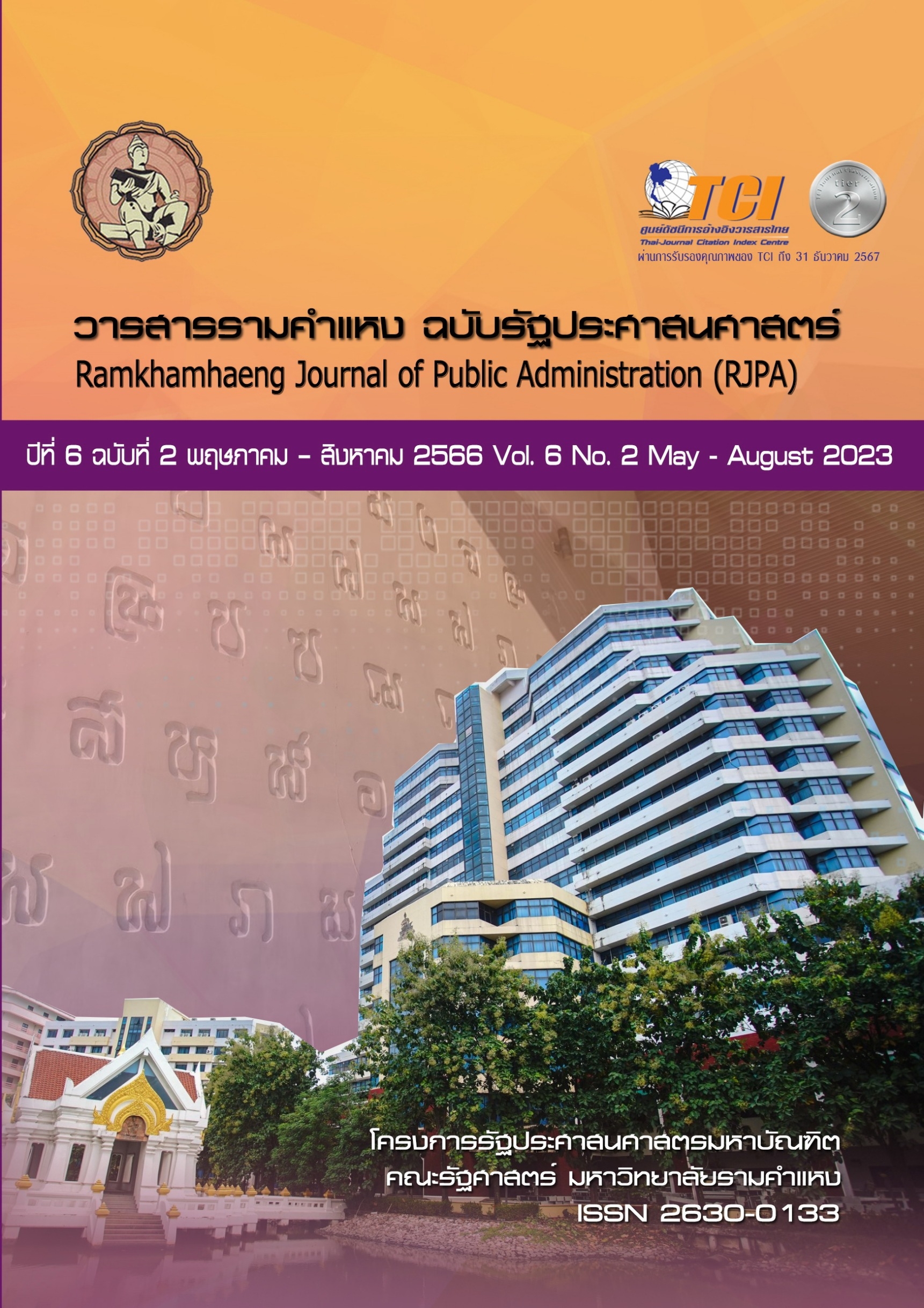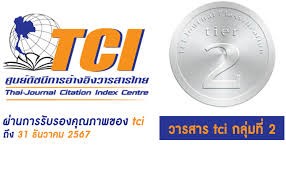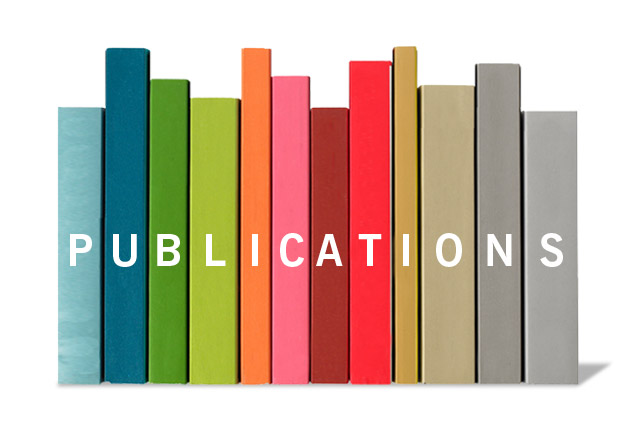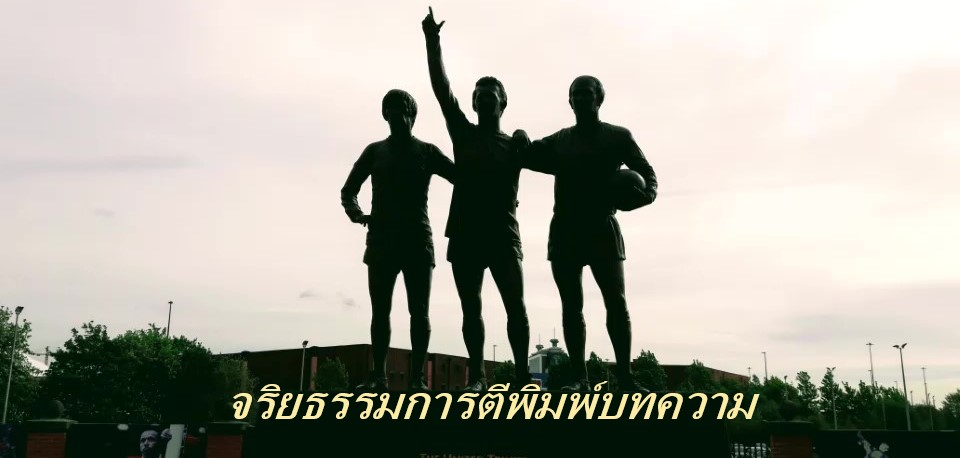การบริหารราชการแบบบูรณาการ ในการพัฒนาการท่องเที่ยวเชียงคาน (The collaborative governance to Chiang Khan tourism development)
Abstract
บทคัดย่อ
การศึกษาวิจัยเรื่อง “การบริหารราชการแบบบูรณาการ ในการพัฒนาการท่องเที่ยวเชียงคาน” ในครั้งนี้ มีวัตถุประสงค์เพื่อ 1) ศึกษารูปแบบการบริหารราชการแบบบูรณาการในการพัฒนาการท่องเที่ยวเชียงคาน และ 2) ศึกษาผลกระทบที่เกิดจากการบริหารราชการแบบบูรณาการ ในการพัฒนาการท่องเที่ยวเชียงคาน โดยใช้การวิจัยเชิงคุณภาพ กับผู้ให้ข้อมูลสำคัญที่เป็นประชากรกลุ่มเป้าหมาย ได้แก่ ผู้บริหาร ข้าราชการหน่วยงานภาครัฐ ผู้ประกอบการภาคเอกชน และภาคประชาชน จำนวน 30 คน เก็บรวบรวมข้อมูลโดยใช้แบบสัมภาษณ์แบบเจาะลึก และแบบสังเกต นำข้อมูลที่ได้มาวิเคราะห์เชิงเนื้อหา โดยการตรวจสอบข้อมูลแบบสามเส้า แล้วสรุปผลการศึกษาด้วยเทคนิคเชิงพรรณนา ผลการศึกษาพบว่า การบริหารราชการแบบบูรณาการในการพัฒนาการท่องเที่ยวเชียงคาน ใช้รูปแบบการบริหารงานตามยุทธศาสตร์เชิงพื้นที่พิเศษ มีการบูรณาการการทำงานร่วมกันของส่วนราชการในระดับต่างๆ ตามอำนาจหน้าที่ที่เกี่ยวข้อง ร่วมกับ ภาคเอกชน ภาคประชาชน และสถาบันการศึกษา มีองค์การบริหารพื้นที่พิเศษเพื่อการพัฒนาการท่องเที่ยวอย่างยั่งยืน อพท. (องค์การมหาชน) เป็นหน่วยงานกลางในการประสานงานและบูรณาการการทำงานร่วมกัน โดยนำเกณฑ์ของสภาการท่องเที่ยวอย่างยั่งยืนโลกมาเป็นกรอบแนวทางในการขับเคลื่อนการพัฒนาการท่องเที่ยวเชียงคาน ส่วนผลกระทบที่เกิดขึ้นจากการพัฒนาการท่องเที่ยว ได้แก่ ปัญหาขยะและการจัดการขยะ ปัญหาการจราจรและที่จอดรถไม่เพียงพอ ปัญหาด้านมลภาวะทางอากาศและปัญหาน้ำเสีย เป็นต้น
Abstract
The collaborative governance in Chiang Khan tourism development aimed to 1) study the pattern of collaborative governance in Chiang Khan tourism development and 2) study the effects of collaborative governance in Chiang Khan tourism development. The qualitative research method was used in this research. There were 30 key informants, including government agency administrators, private entrepreneurs, and the civil sector. The data was collected by using an in-depth interview and observation form. The data was also undergone content analysis by using the triangulation method. Then, the results were summarized by descriptive technique. The results revealed that the pattern of collaborative governance in Chiang Khan tourism development was based on designated area strategies along with the collaboration of government agencies at different levels according to the relevant authority, cooperated with private sector, civil sector, and education institution. The Designated Areas for Sustainable Tourism Administration (Public Organization) (DASTA) was the central agency of coordination and collaboration by adopting criteria of the Global Sustainable Tourism Council (GSTC) as the framework for driving tourism development. The effects caused by tourism development included waste problems, waste management, traffic problems, insufficient parking problems, air pollution problems, and waste water problems.




 Publication Policy (นโยบายการตีพิมพ์บทความ)
Publication Policy (นโยบายการตีพิมพ์บทความ) Publication Ethics (จริยธรรมการตีพิมพ์บทความ)
Publication Ethics (จริยธรรมการตีพิมพ์บทความ)